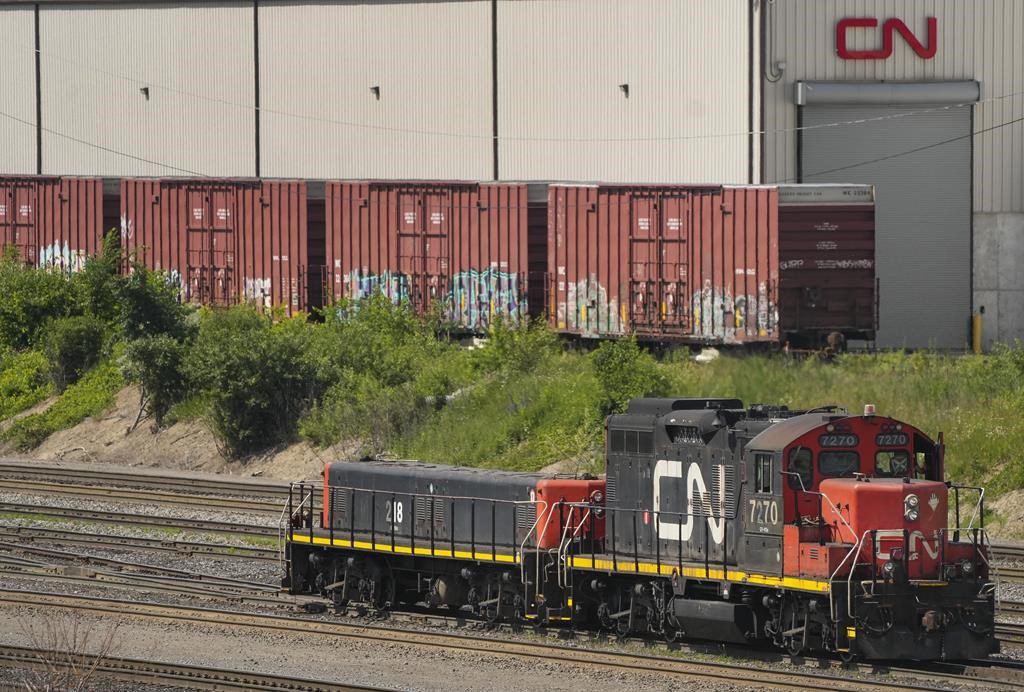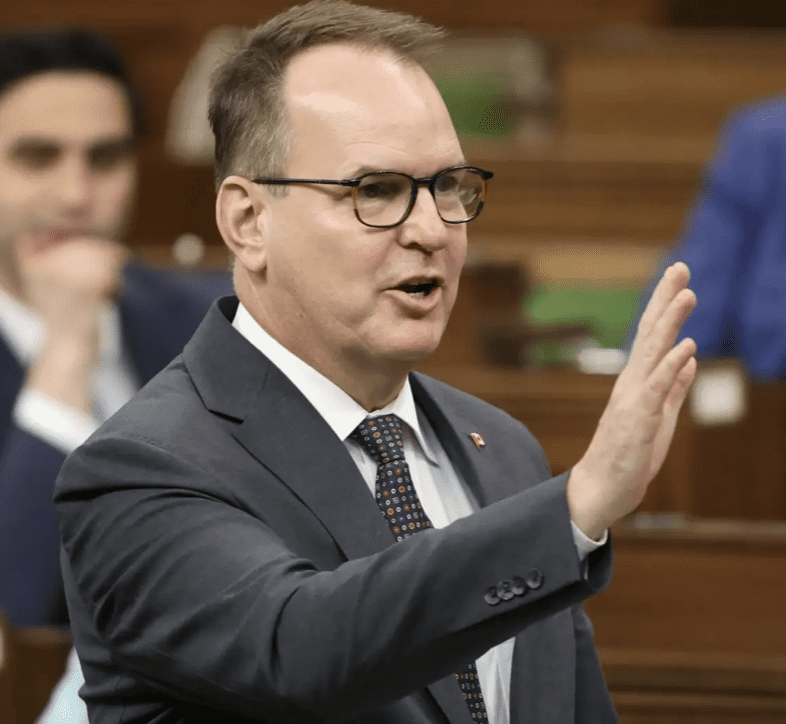I was on vacation with my wife last week. During that time, the federal Liberal government was forced to intervene to end a short-lived nationwide rail strike. Railway workers were back on the job as of Aug. 26, although a union challenge to the Canada Industrial Relations Board’s decision could be forthcoming.
Was this situation handled properly by Ottawa? Or, was it another example of Prime Minister Justin Trudeau’s mediocre and ineffective leadership in action?
Let’s examine it further.
A long-running contract dispute between the International Brotherhood of Teamsters labour union and our nation’s two largest railways, Canadian National Railway Co. and Canadian Pacific Kansas City, locked out more than 9.000 railway workers on Aug. 22. Neither side seemed particularly open to further negotiations and making concessions. Had this rail strike gone on for an extended period, it would have undoubtedly had a significant effect on the transportation of certain goods and overall business climate.
What was Trudeau’s position? “Collective bargaining is always the best way forward,” he posted on X on Aug. 22. “When that is no longer a foreseeable option — when we are facing serious consequences to our supply chains and the workers who depend on it — governments must act.”
The PM’s analysis wasn’t incorrect in theory. At the same time, he really didn’t need to state the obvious in his opening salvo. It was clear that CN Rail, CPKC and the Teamsters weren’t getting much of anywhere when it came to collective bargaining. “The sides blamed each other for the stoppage after multiple rounds of talks failed to yield a deal,” the Guardian’s Leyland Cecco correctly noted on Aug. 23.
Trudeau’s messaging should have called for an immediate end to the strike. Otherwise, his government would have to take swift action to bring it to an end. He was partially on point, which is certainly better than nothing.
It took Ottawa less than 24 hours to recognize that any meagre hope of additional collective bargaining was clearly off the table. As Labour Minister Steve MacKinnon’s press release stated, “it is my assessment that the parties are at a fundamental impasse. Therefore, it is my duty and responsibility to invoke my authorities under the Canada Labour Code to secure industrial peace and deliver the short and long-term solutions that are in the national interest.”
MacKinnon ultimately directed the CIRB to initiate a binding arbitration process to ensure that both sides returned to the bargaining table. Employees were also ordered to return to work. “The board has concluded that, in this case, it has no discretion or ability to refuse to implement, in whole or in part, the minister’s directions or to modify their terms,” chairperson Ginette Brazeau wrote in two rulings related to the railway strike.
Was that the end of this matter? I’m afraid not. An Aug. 24 press release by Teamsters Canada noted that while the union “will lawfully comply with the CIRB decision,” it will also “appeal the ruling to federal court.”
Paul Boucher, president of the Teamsters Canada Rail Conference, was quoted as saying “this decision by the CIRB sets a dangerous precedent. It signals to Corporate Canada that large companies need only stop their operations for a few hours, inflict short-term economic pain, and the federal government will step in to break a union. The rights of Canadian workers have been significantly diminished today.” In addition, he suggested the “Trudeau Liberals have chosen to side against middle- and working-class Canadians, abandoning their supposed progressive values at the first sign of short-term supply chain disruptions.”
We’ll see how it all plays out.
Putting aside the Teamsters’ left-wing union rhetoric, which is to be expected, I think it’s fair to say the Trudeau Liberals handled the nationwide railway strike in a proper fashion.
The federal government should have stepped in earlier, to be sure. The quicker that the binding arbitration process had been set up between the Teamsters and railway companies, the better. Ottawa could have also easily avoided this controversy, twiddle their thumbs for a bit longer and waited to see how long it took the two sides to set up a new meeting. The Liberals are prone to doing this, as we’ve seen in the past with other domestic and international matters and disputes.
Instead, the Liberals moved fairly quickly and brought the strike to a quick conclusion. There could be some political repercussions and a potential court battle, but Canada’s railways are up and running – and thousands of workers are back on the job in short order.
Good for Trudeau and the Liberals. “Even a stopped clock is right twice every day,” the Austrian writer Marie von Ebner-Eschenbach famously wrote in one of her aphorisms. It’s more like once in a very rare blue moon for this federal government, but at least the trains are running on time.
Michael Taube, a long-time newspaper columnist and political commentator, was a speechwriter for former Canadian prime minister Stephen Harper.








